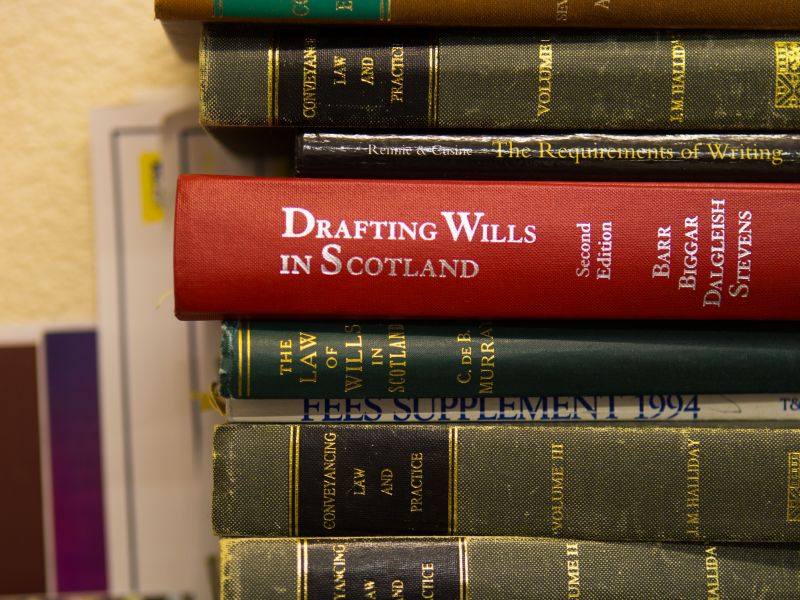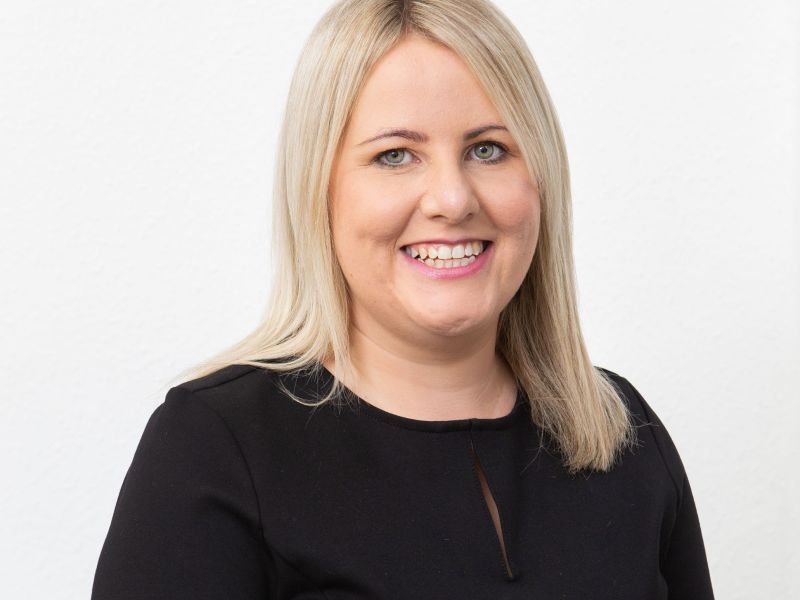Points to consider when winding up an estate
Dealing with a person’s affairs when they pass away can sometimes be a daunting thought, especially when still dealing with the grief of losing someone.
Winding up an executry estate can be a straightforward process if things are organised, but even in the most simple cases there are lots of things to contemplate.
John Maxwell and his legal team would be delighted to assist in the administration of an estate. Please contact us if you want us to help.
In the meantime, John has provided a list of suggestions to think about when beginning the process:
1. The executor
If there is a Will, the first thing that it should state is who is named as the executor.
The executor is the person or people trusted to manage the estate, settle debts and ensure that the beneficiaries receive their inheritance.
It is important to establish who the executor is first of all, before proceeding much further.
2. Debts
A person’s estate usually covers their own funeral expenses, if there are enough funds to do so. Even if a bank freezes the deceased’s bank account they will still release funds to cover funeral expenses.
As well as funeral costs there might be other debts to look out for, including credit cards, bank loans or car finance agreements.
In Scotland, creditors have six months from the date of death to inform the executor of any debt owed by the estate, so it is important to keep an eye on correspondence.
3. Investments
The vast majority of people have a main current account with their bank, whether in sole name or in joint names with a spouse, partner or relative.
Premium Bonds invested through National Savings & Investments have been popular investments through the decades.
There might be shares or other investments to look out for.
If in doubt, look out for statements posted to the address from any financial organisations. If a share registrar or investment company have not been notified of the death then they will continue to send regular correspondence, which can be a useful indicator of what financial assets still need to be dealt with.

4. Utility providers
If the deceased left a house and there is no-one still living there, the executor will need to consider who will cover the expenses of maintaining the property in the short term. If funds are not available from the estate then anyone paying those expenses can be reimbursed from the estate in due course.
It is important to tell a house insurance provider of the death - if the insurer is not aware of the change in circumstances then there is a risk that the policy will not be honoured by the provider.
5. Confirmation
Many financial institutions wish to be given a Certificate of Confirmation before they release or close assets held with them. Confirmation is applied for at the local Sheriff Court. In small estates an executor can apply for Confirmation, but in most cases a solicitor will need to be involved.
6. Tax
An executor has to be aware of a number of different taxes that might be due by the estate.
- Income Tax.
The deceased might have had income tax due to pay if he or she paid tax by self-assessment. Alternatively if income tax was deducted at source there can sometimes be a refund due to the estate by HMRC.
There can be tax due to be paid during the period of the administration of the estate, for any income during that period, eg bank interest before the accounts are eventually closed. - Inheritance Tax.
IHT is not a concern for everyone, but as house prices rise it is a concept that more people have to be aware of.
Each individual has an allowance of £325,000 (called a ‘nil-rate band). This can be combined with other allowances, depending on the family circumstances. - Capital Gains Tax.
If there is a large gain in an investment or property during the administration period then the estate might have a CGT liability.
7. Legal Rights
A spouse or civil partner, or children, can make a legal rights claim on the estate in some cases.
A legal rights claim is on the ‘net moveable estate’ i.e. the value of everything apart from the house(s) and land that the deceased owned. The fractions available to someone claiming depends on the family circumstances.
8. Accounts
An executor should ensure that there are clear accounts for all of the money dealt with during the administration of the estate, so that any beneficiaries with an interest in the estate can be assured that the funds were managed appropriately.
These are just some of the ideas that someone dealing with the estate needs to consider.
Middleton Ross have the experience and expertise to handle all of this for you. If you wish us to help you with this, please contact John Maxwell or one of his colleagues.
Middleton Ross, Solicitors and Estate Agents, serve clients from their offices in Dingwall and Alness. Their client base extends from East to West coasts, in the Highlands, across Ross-shire and beyond.









